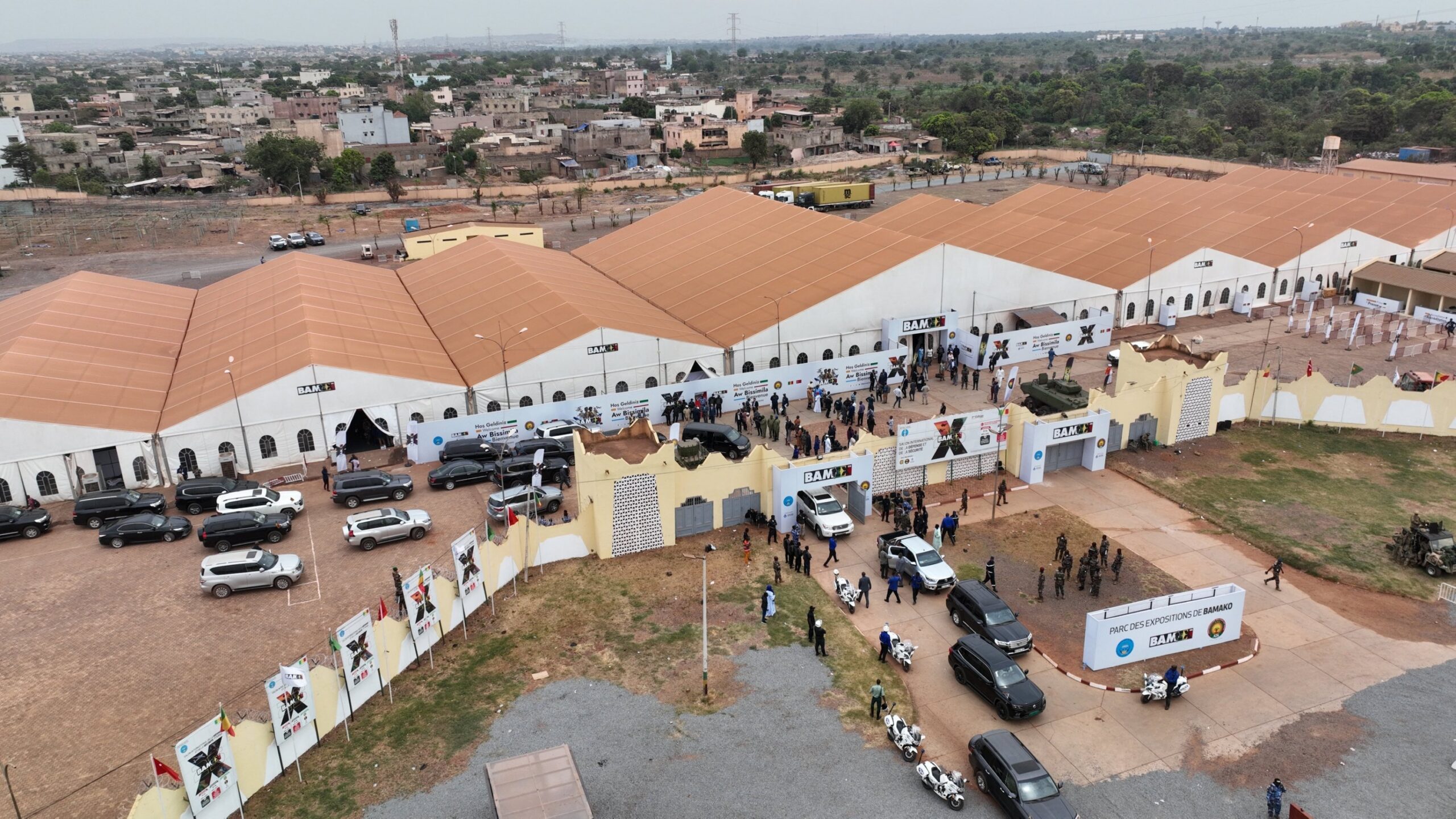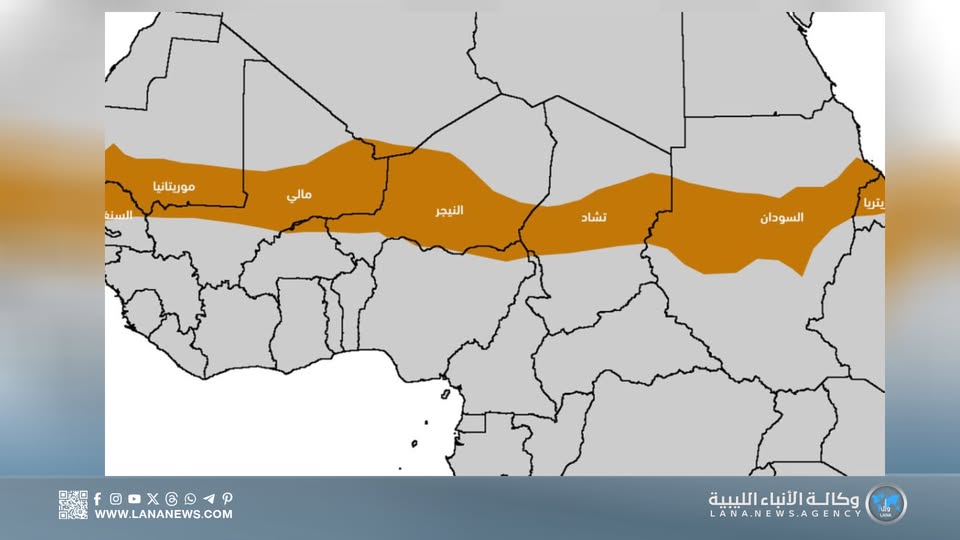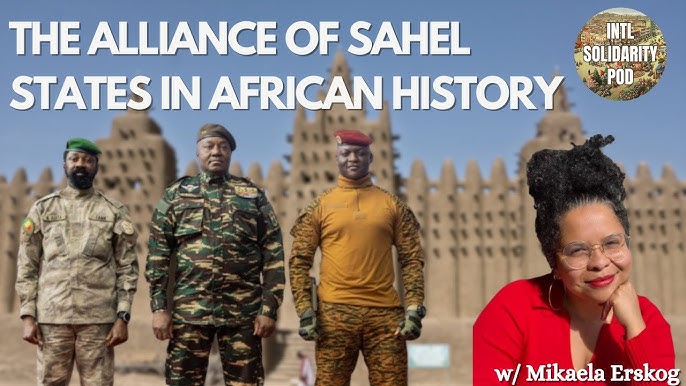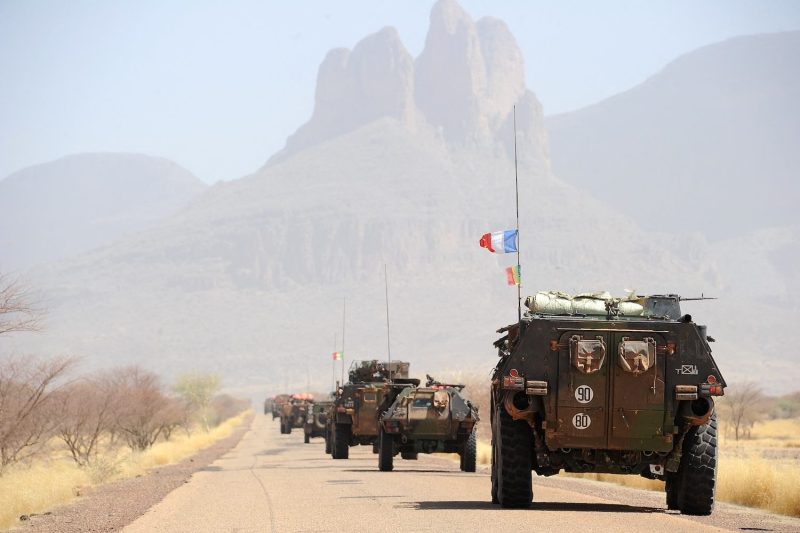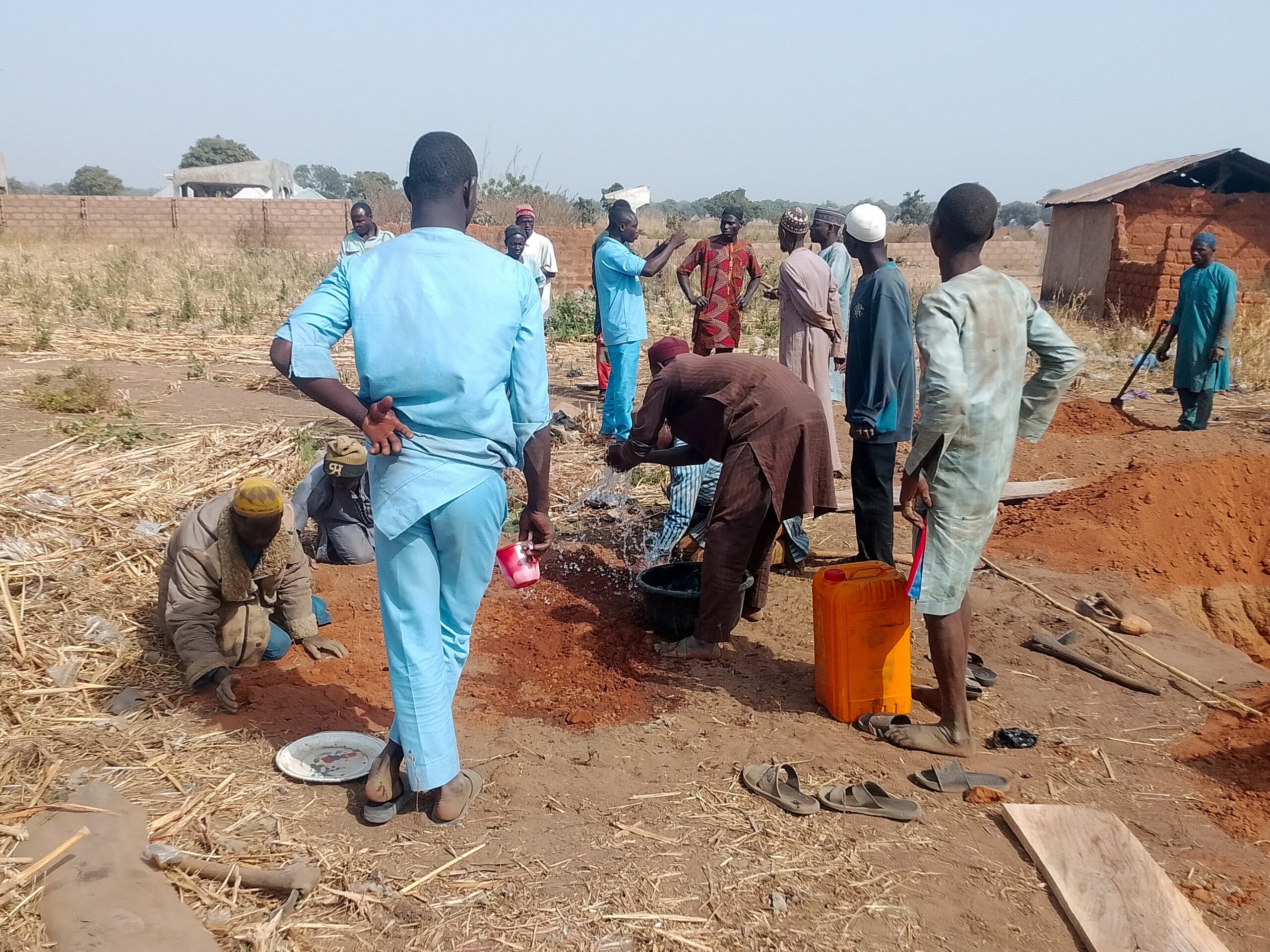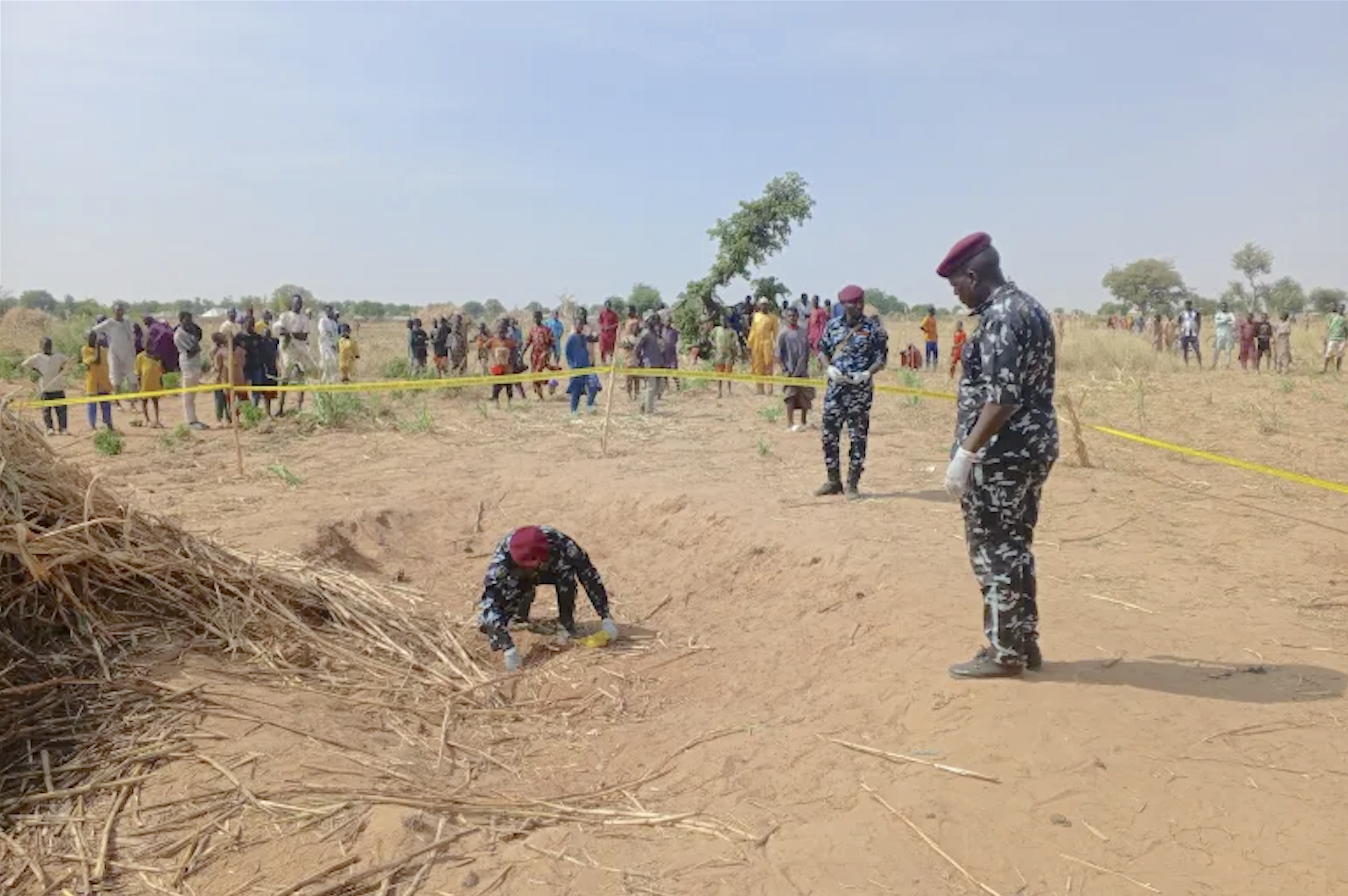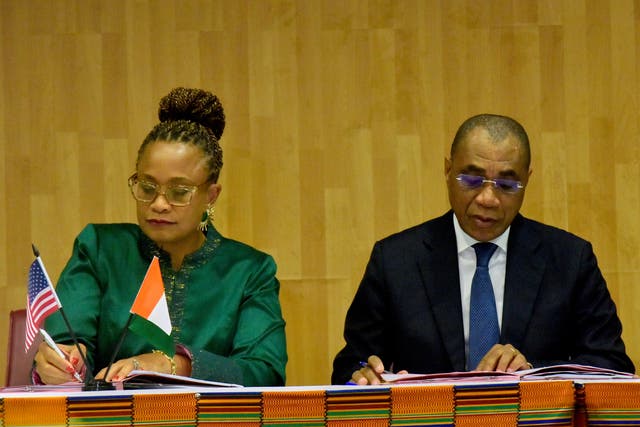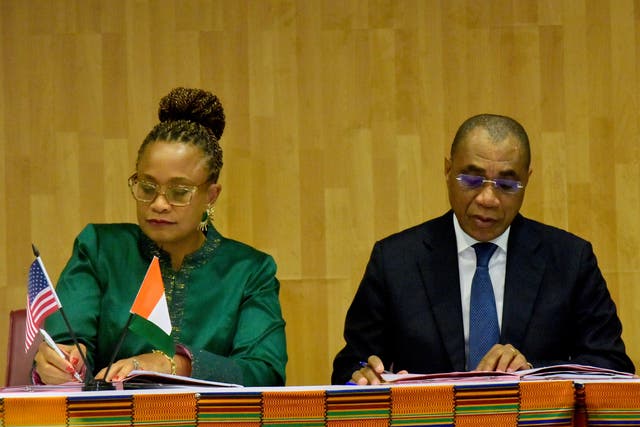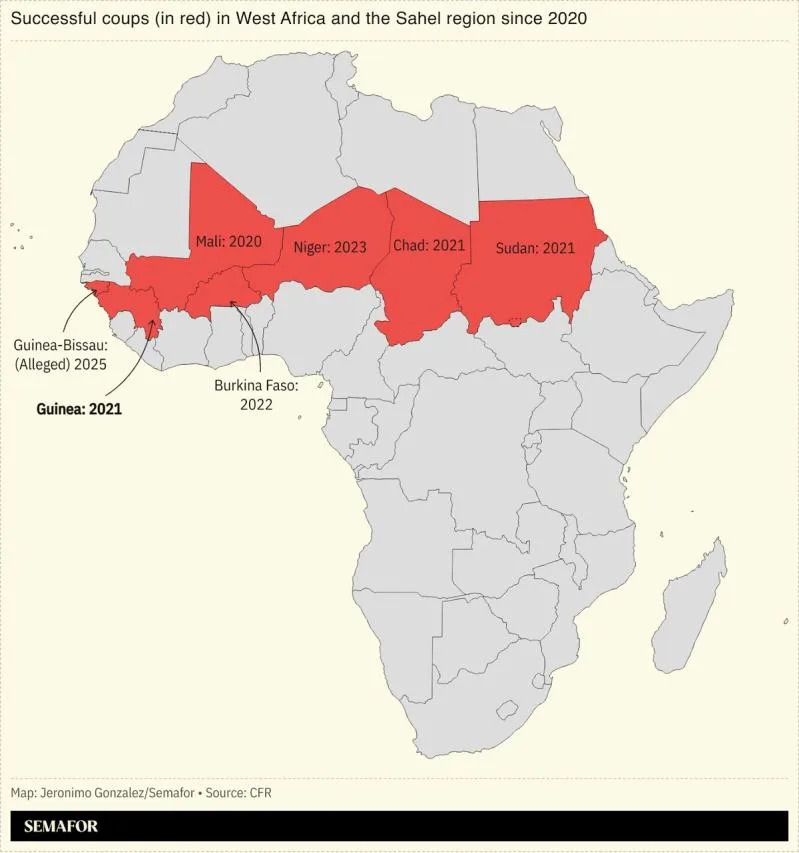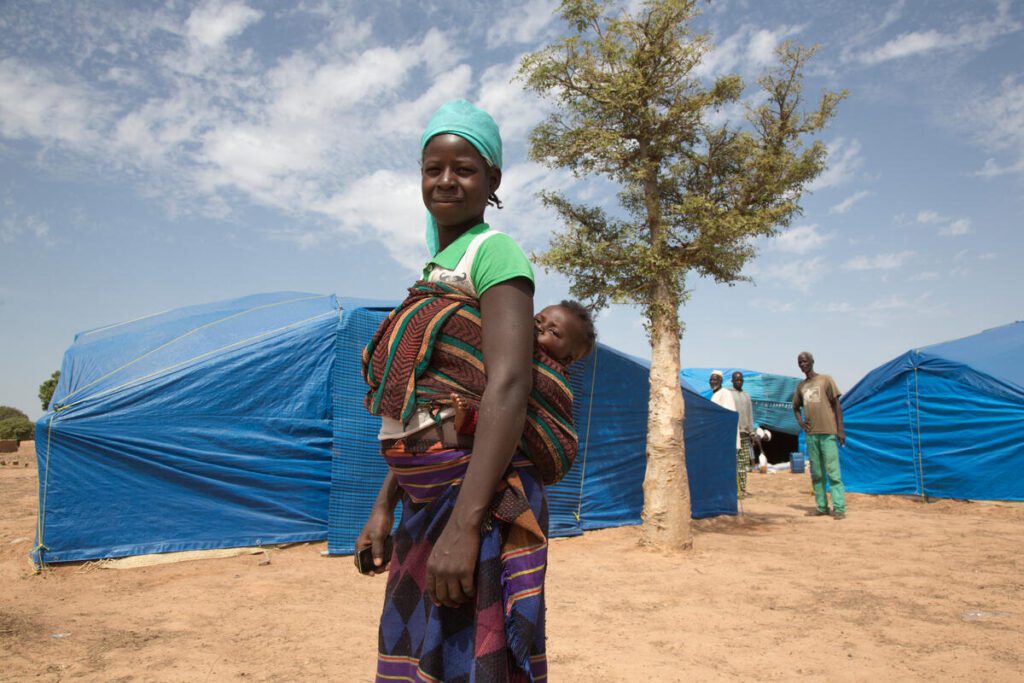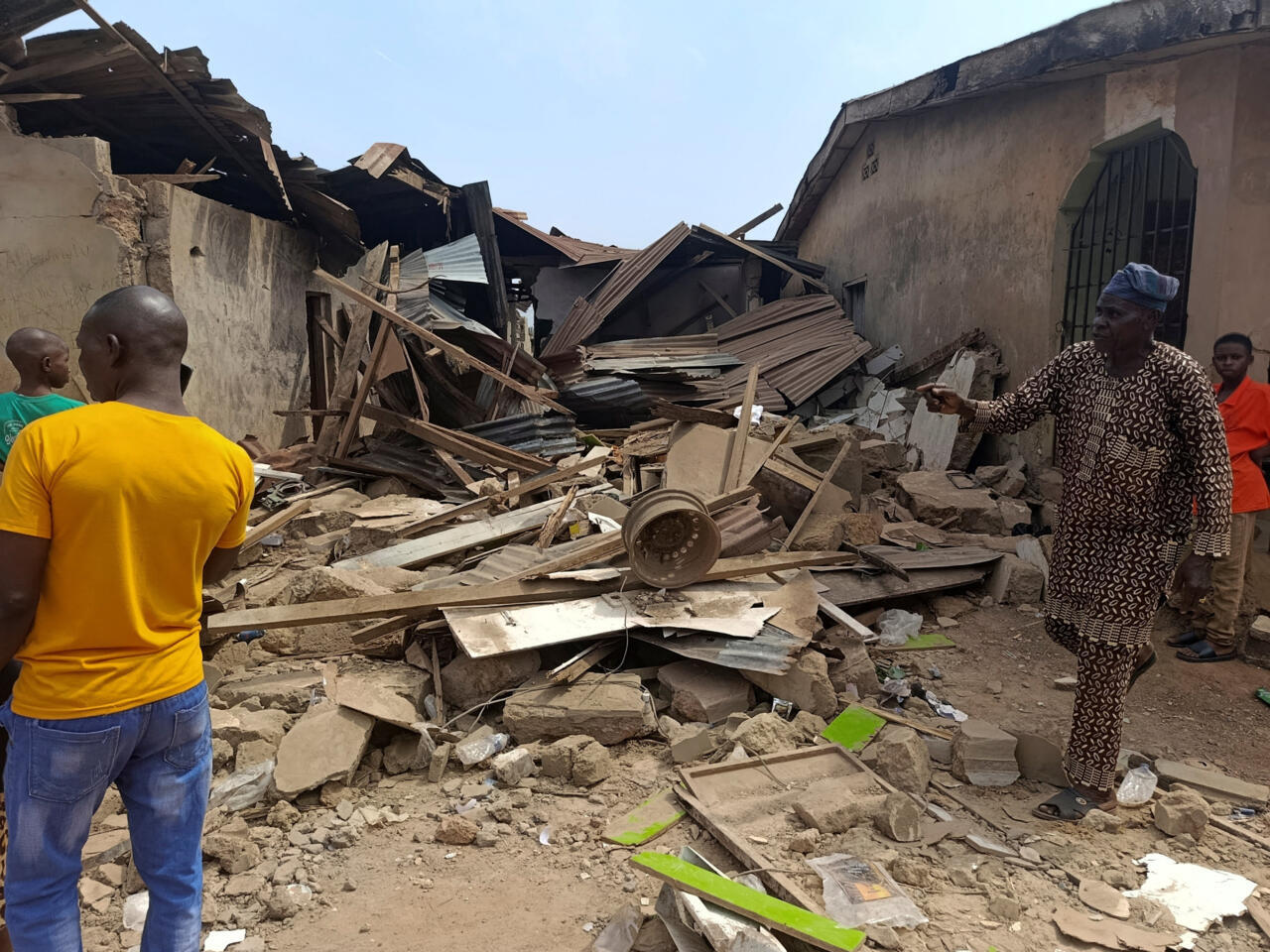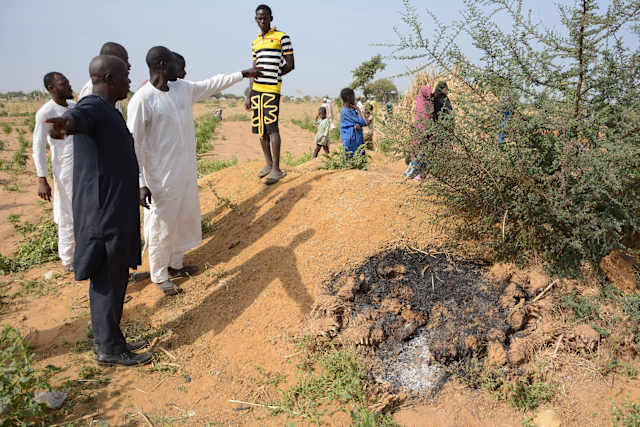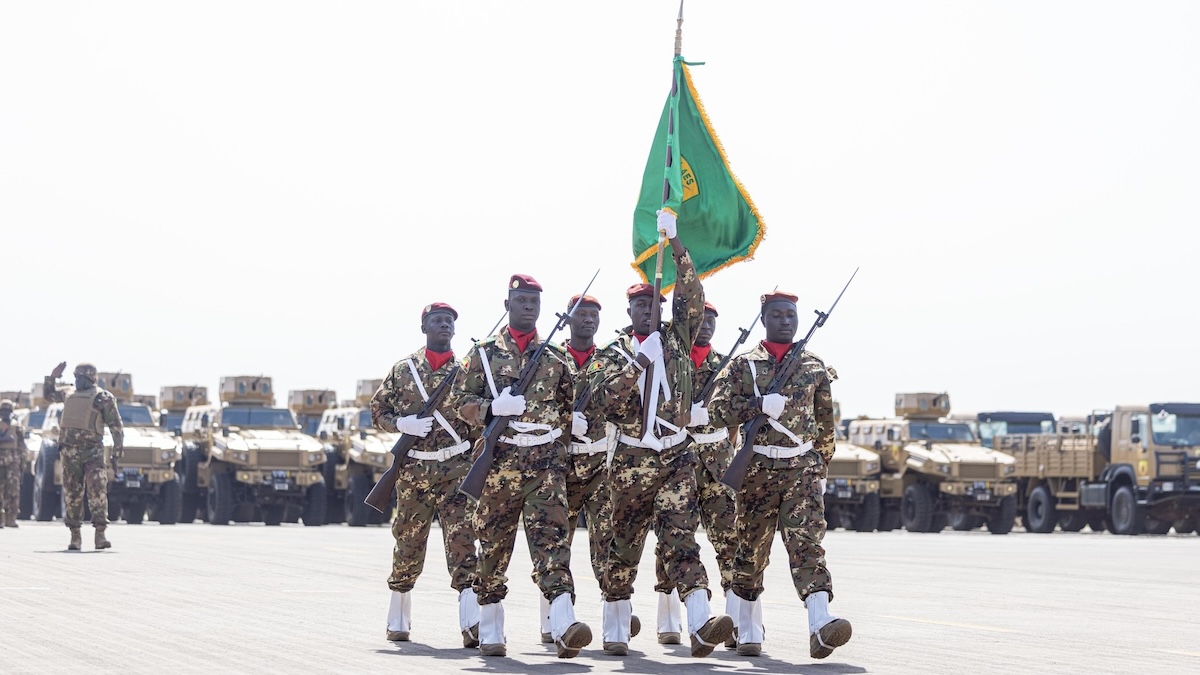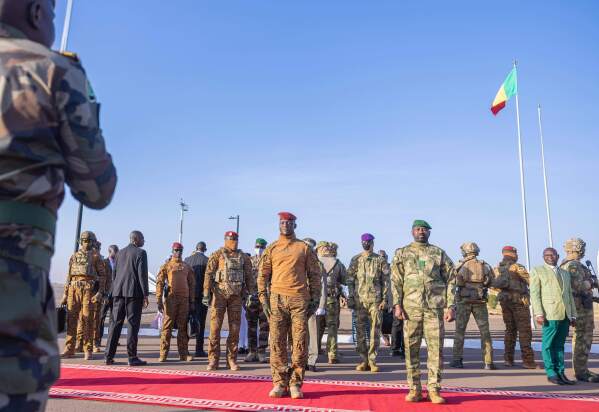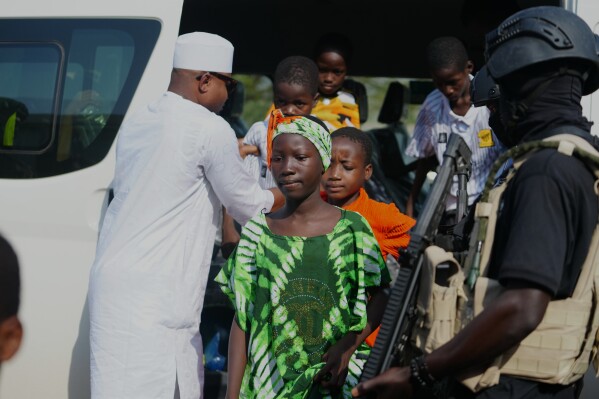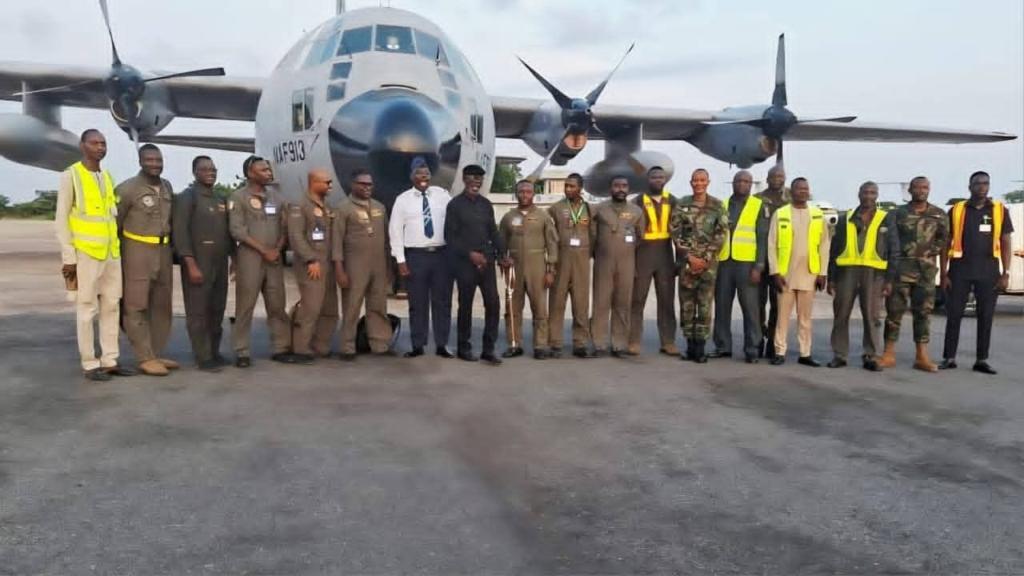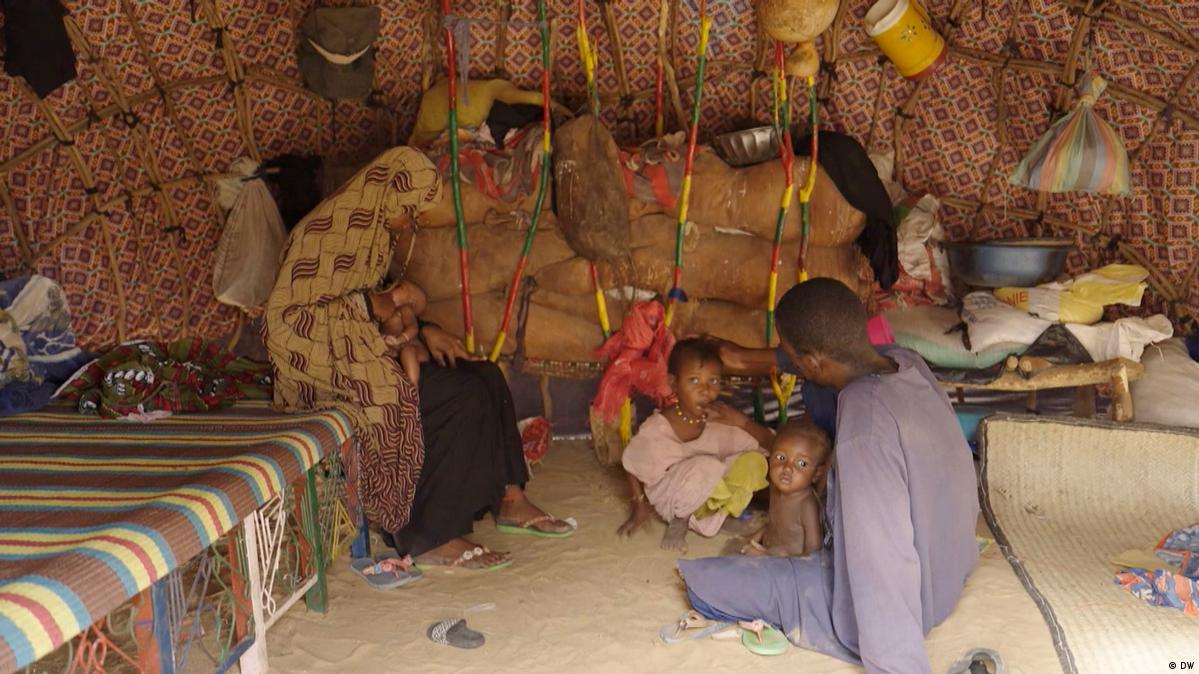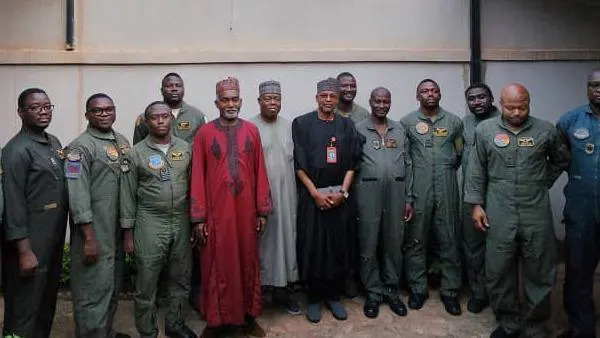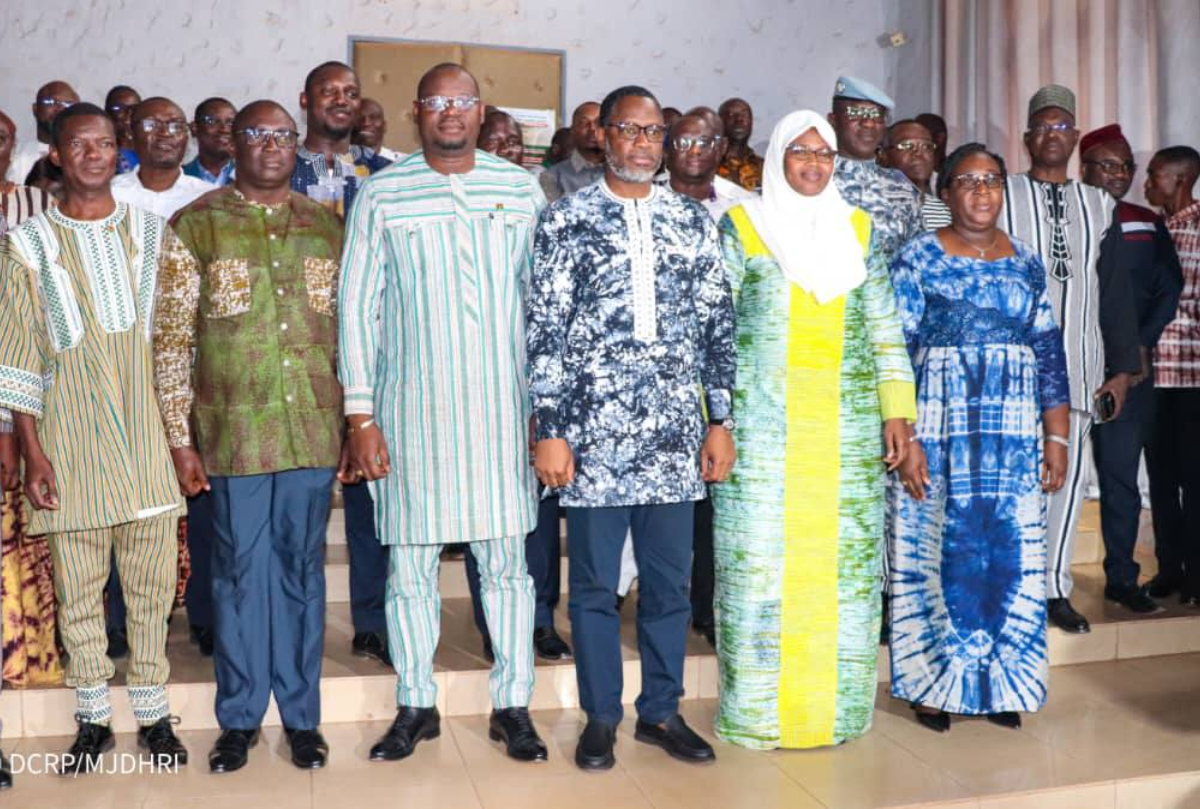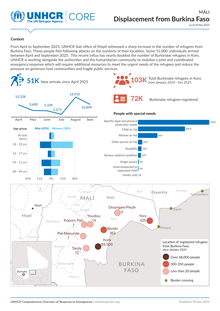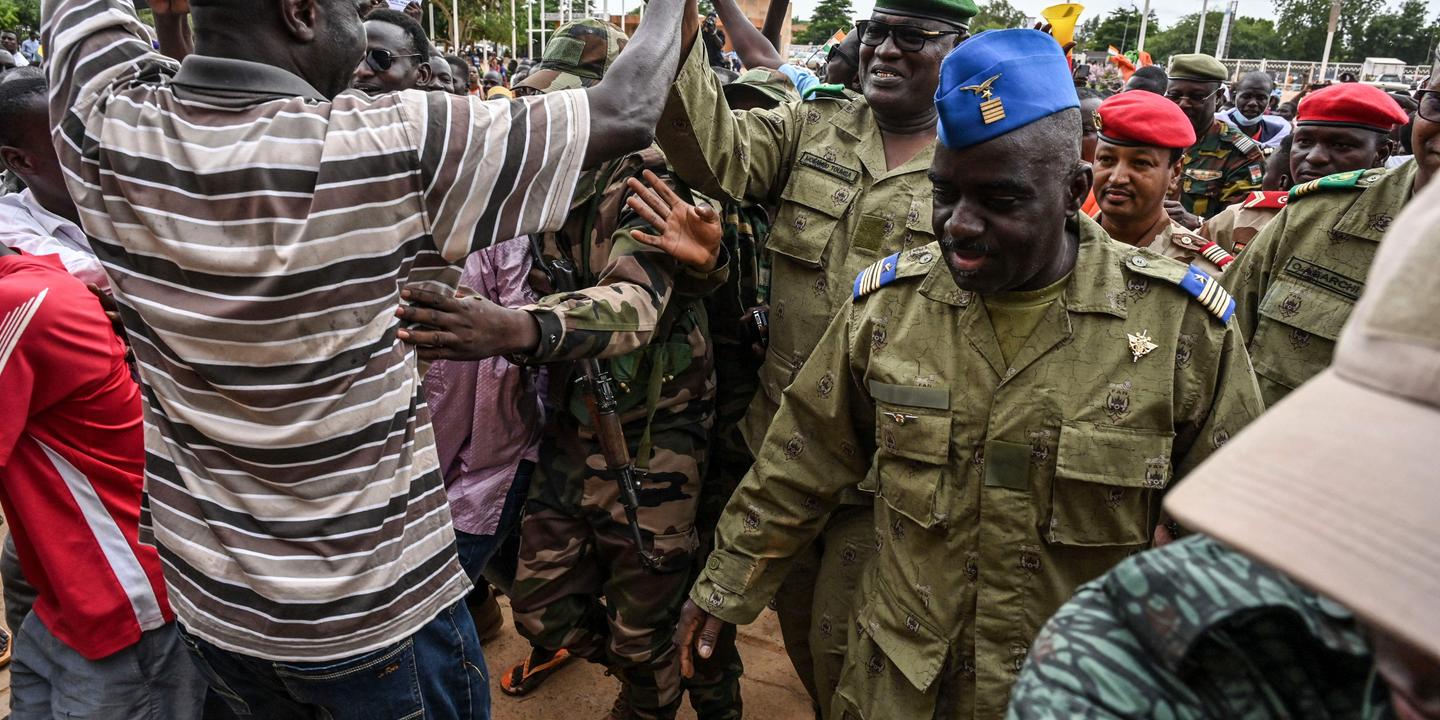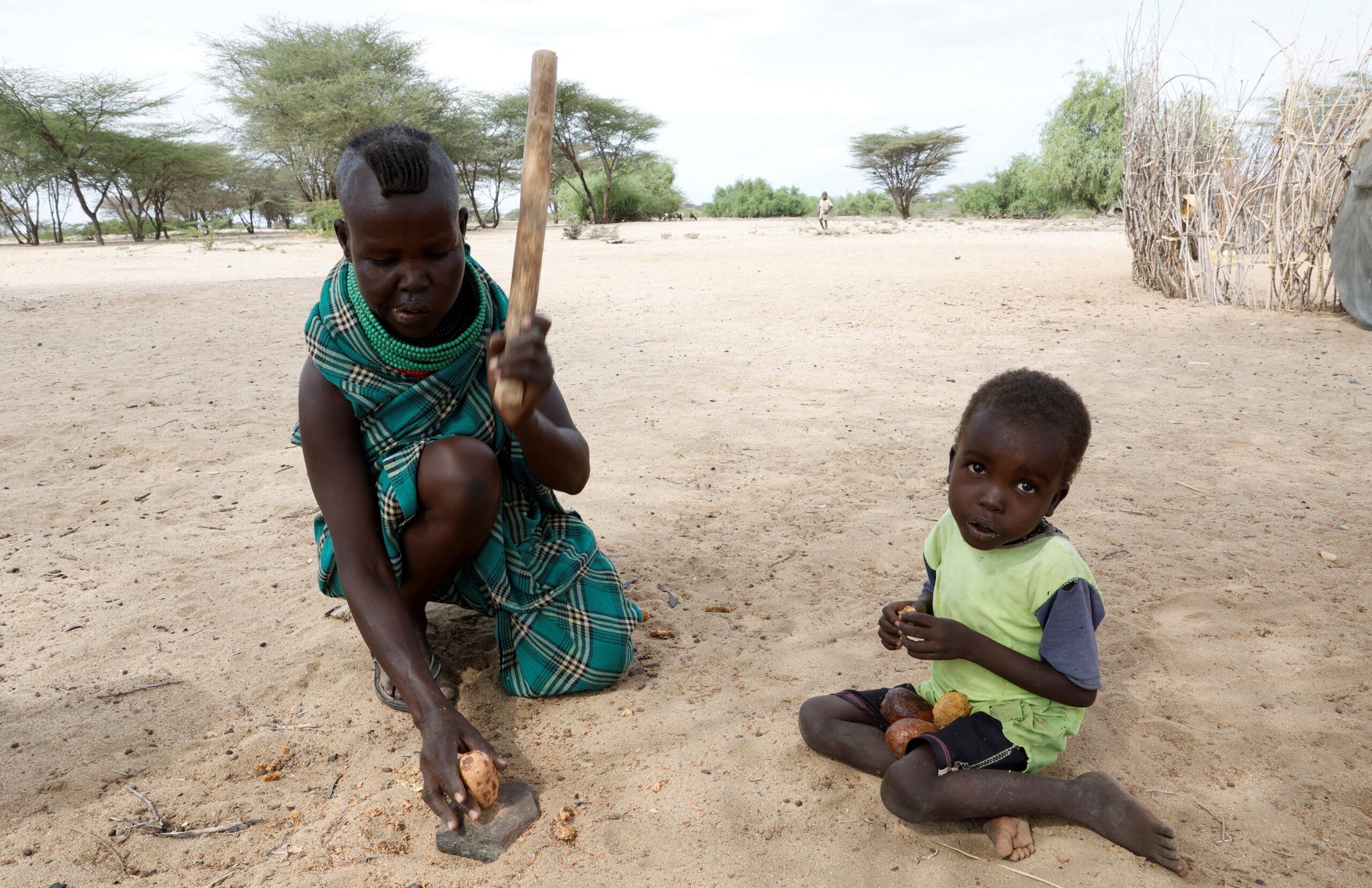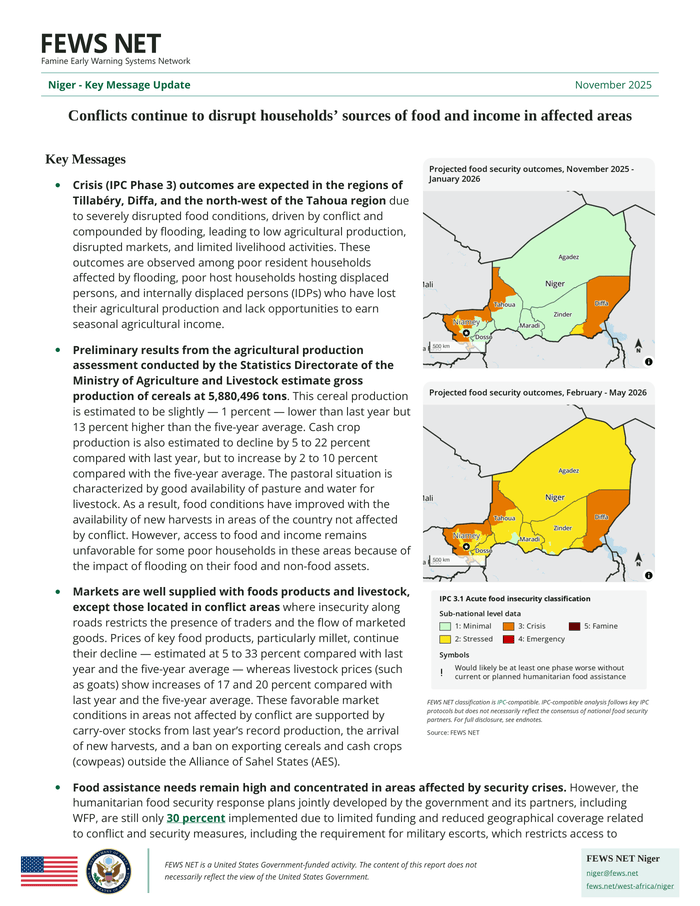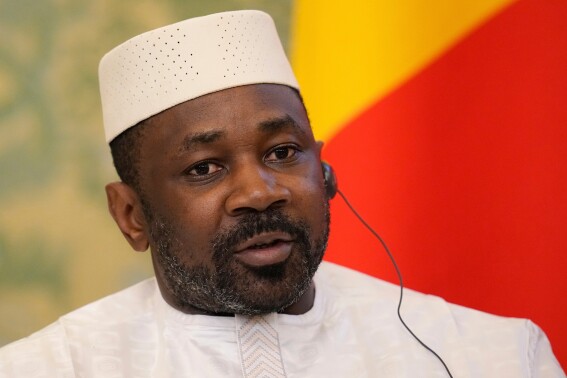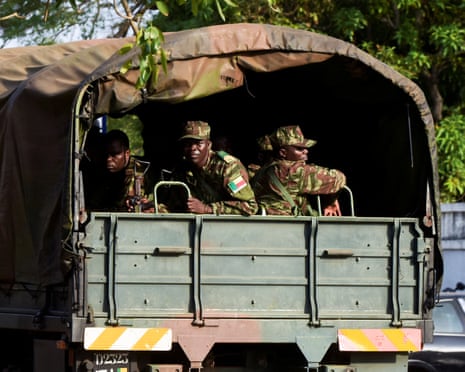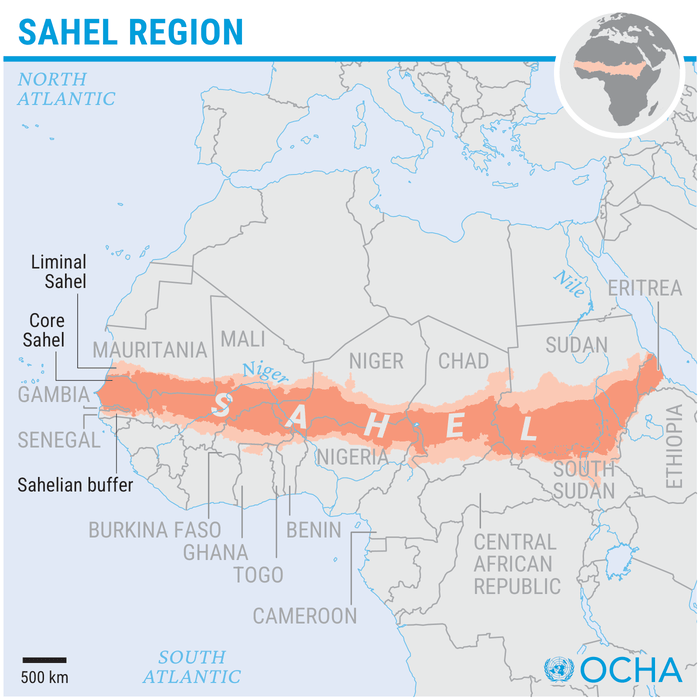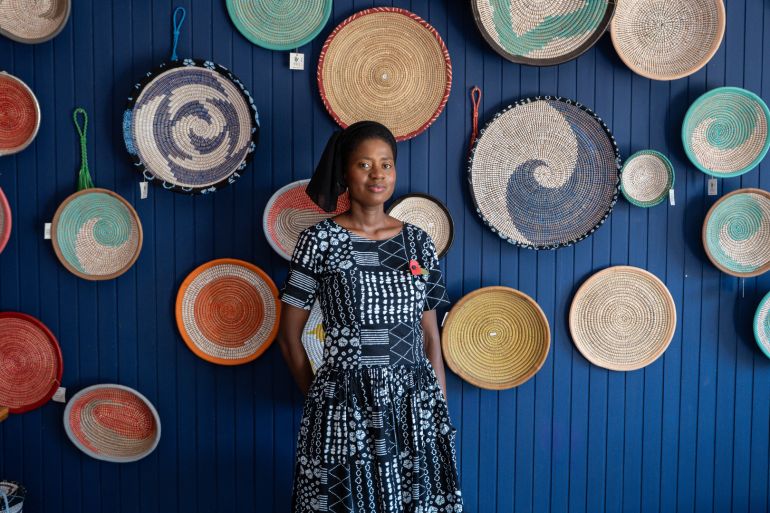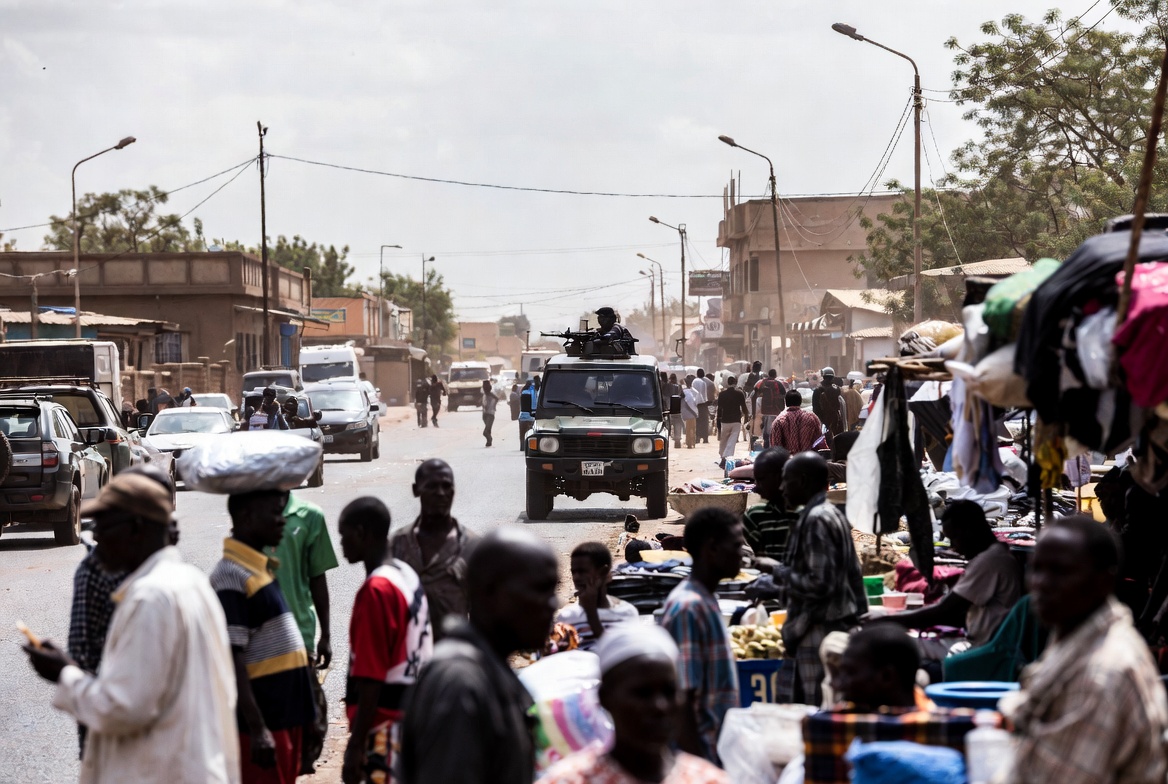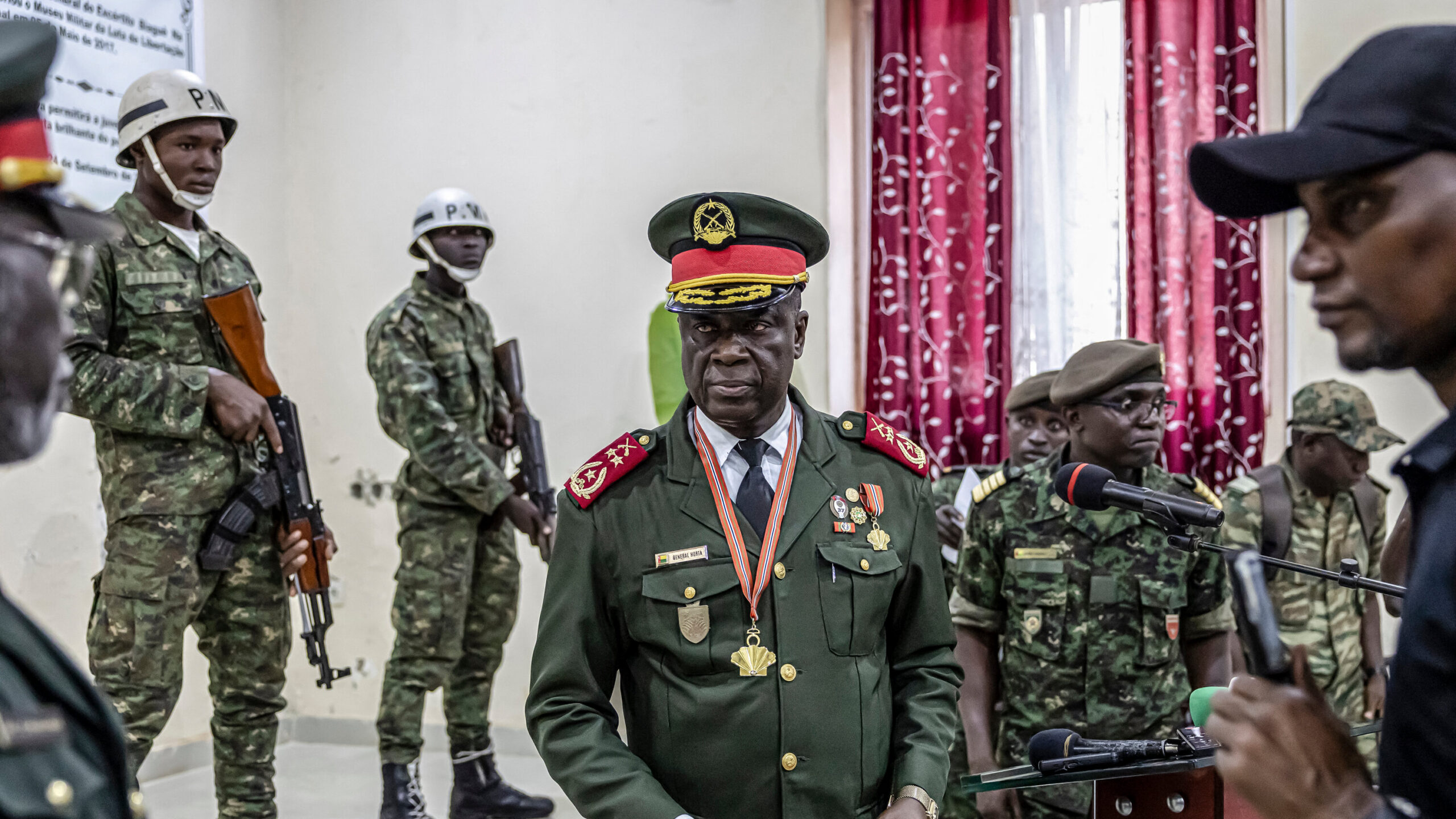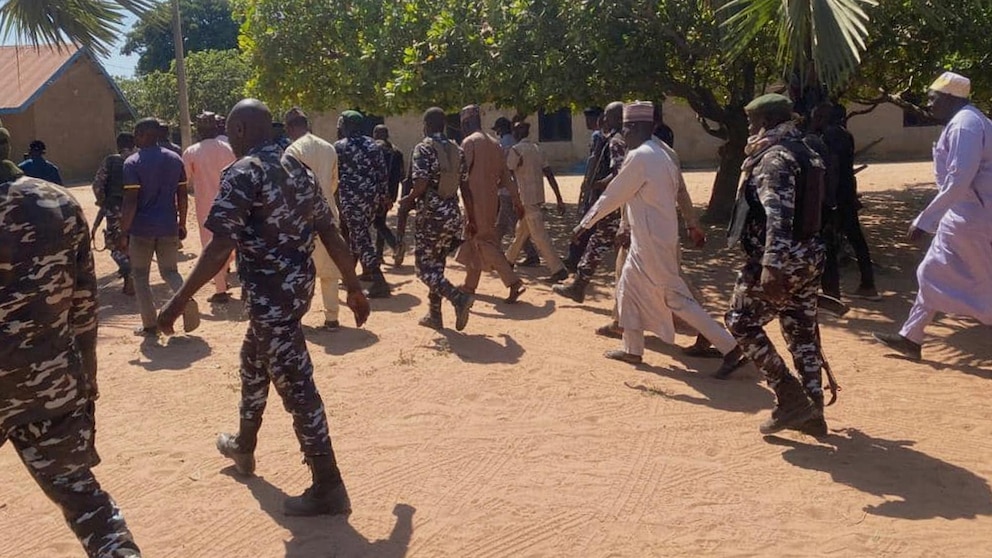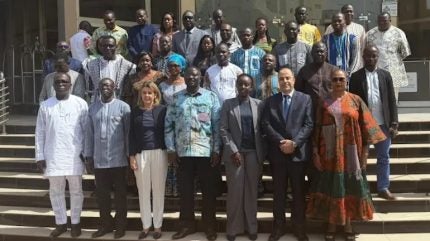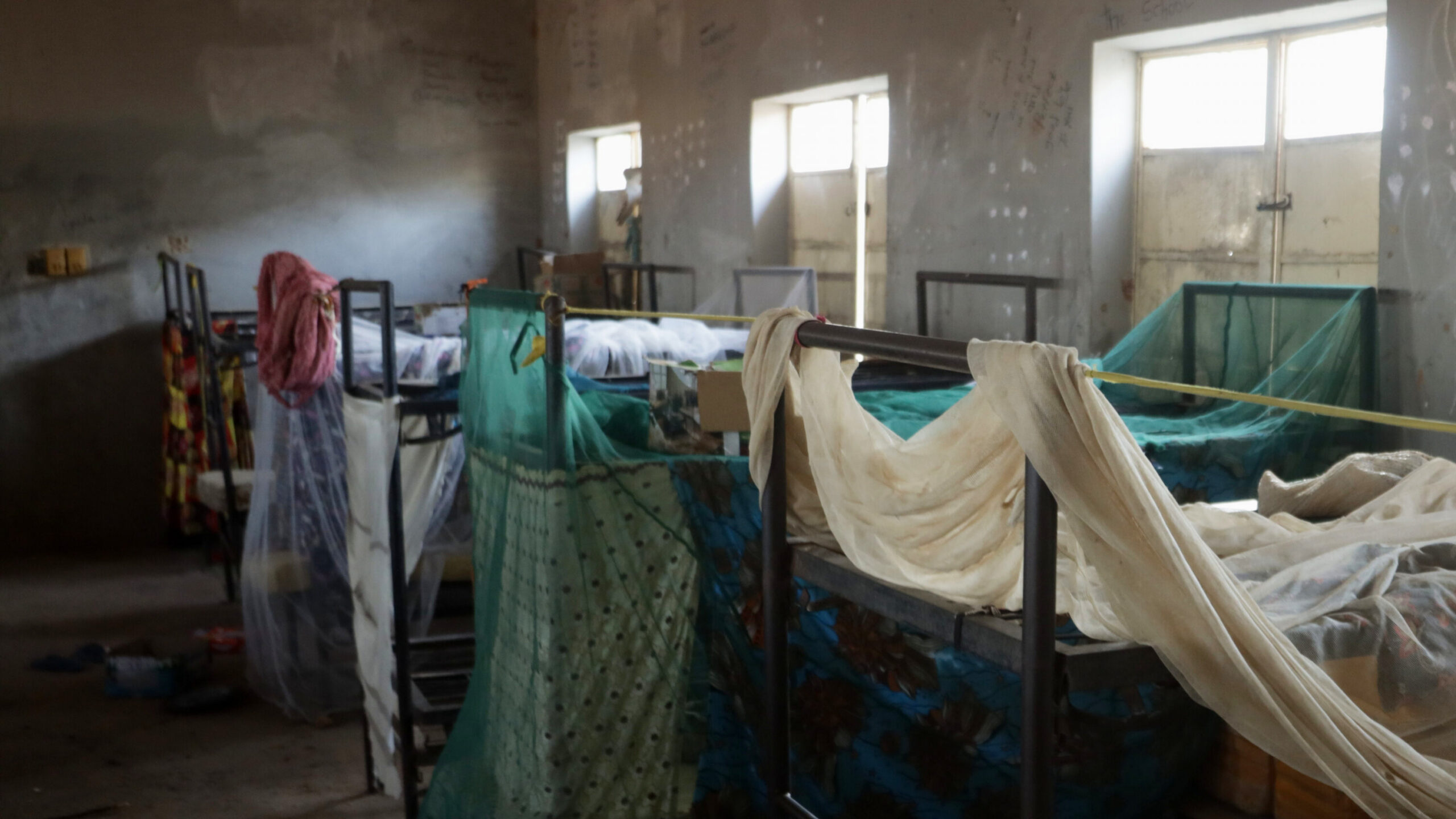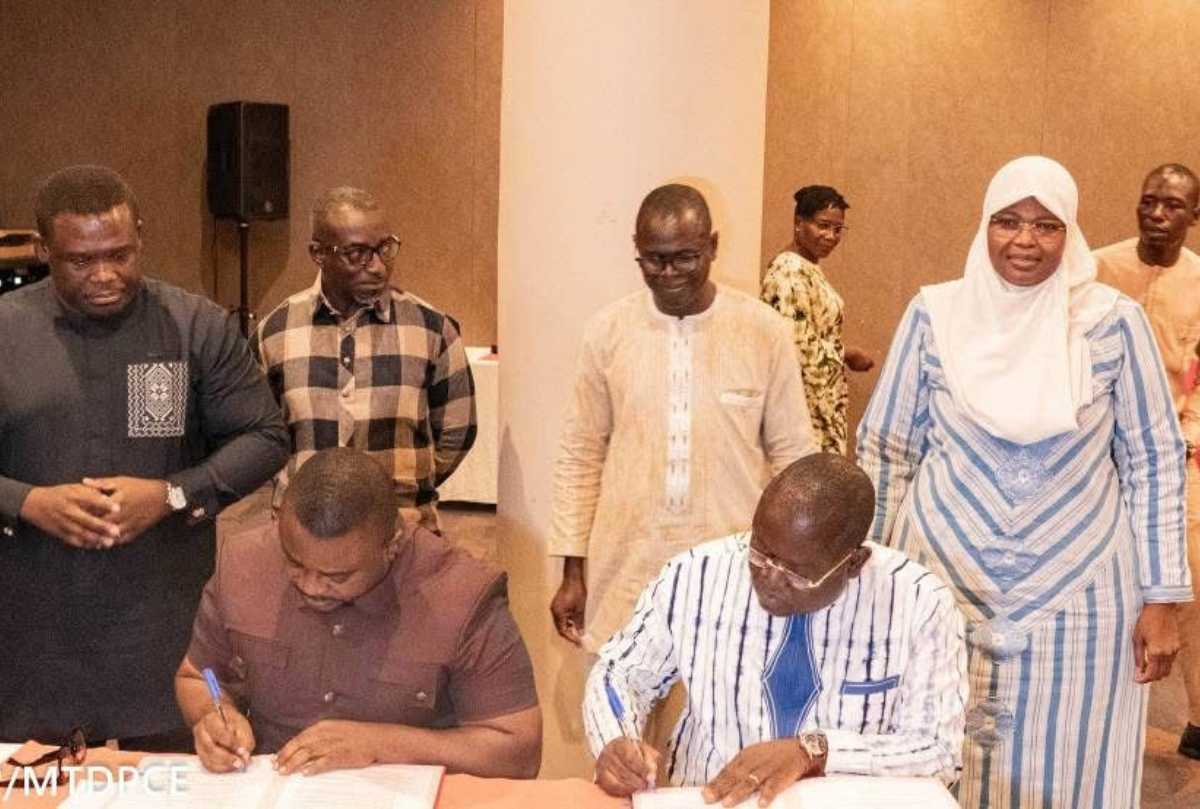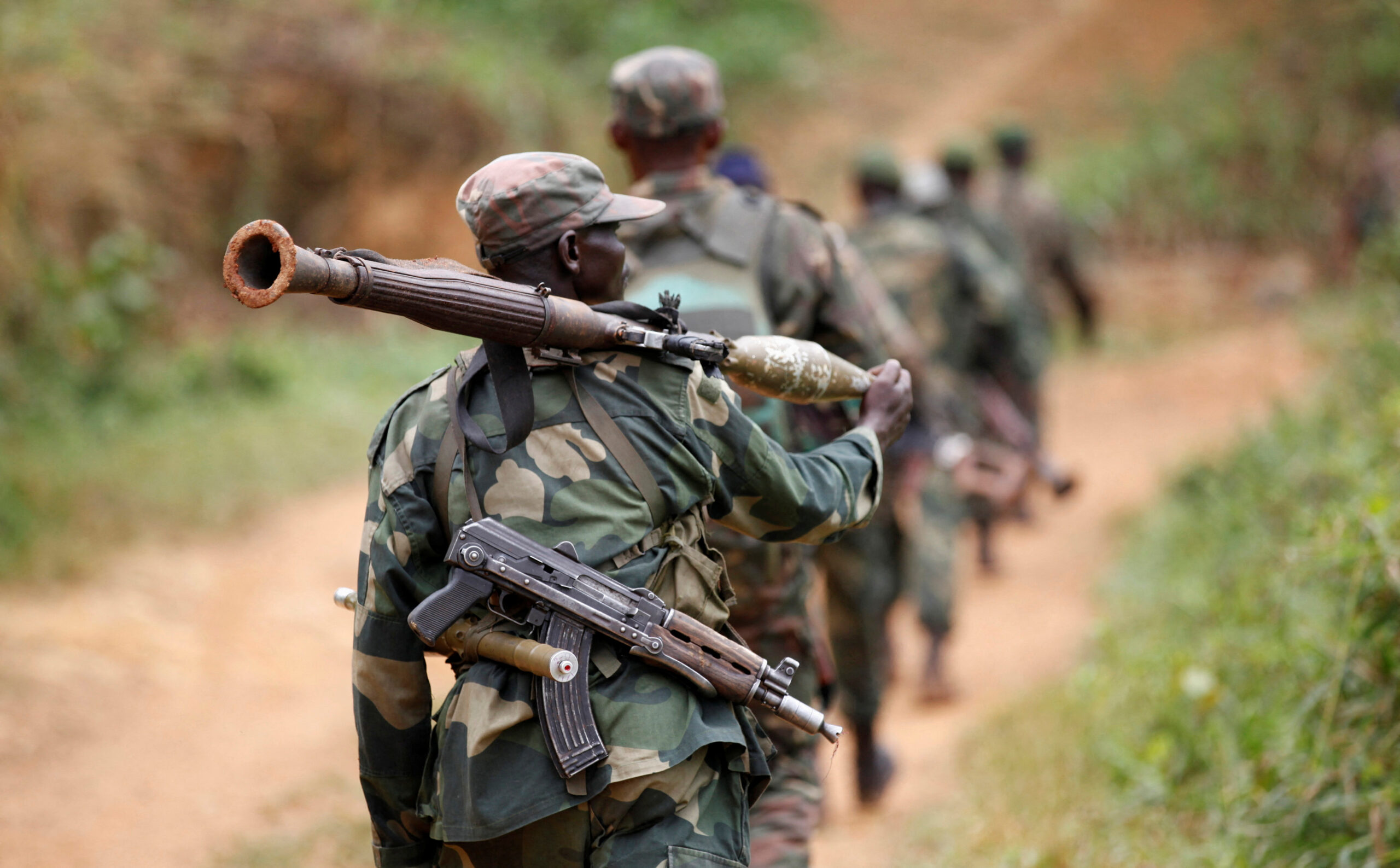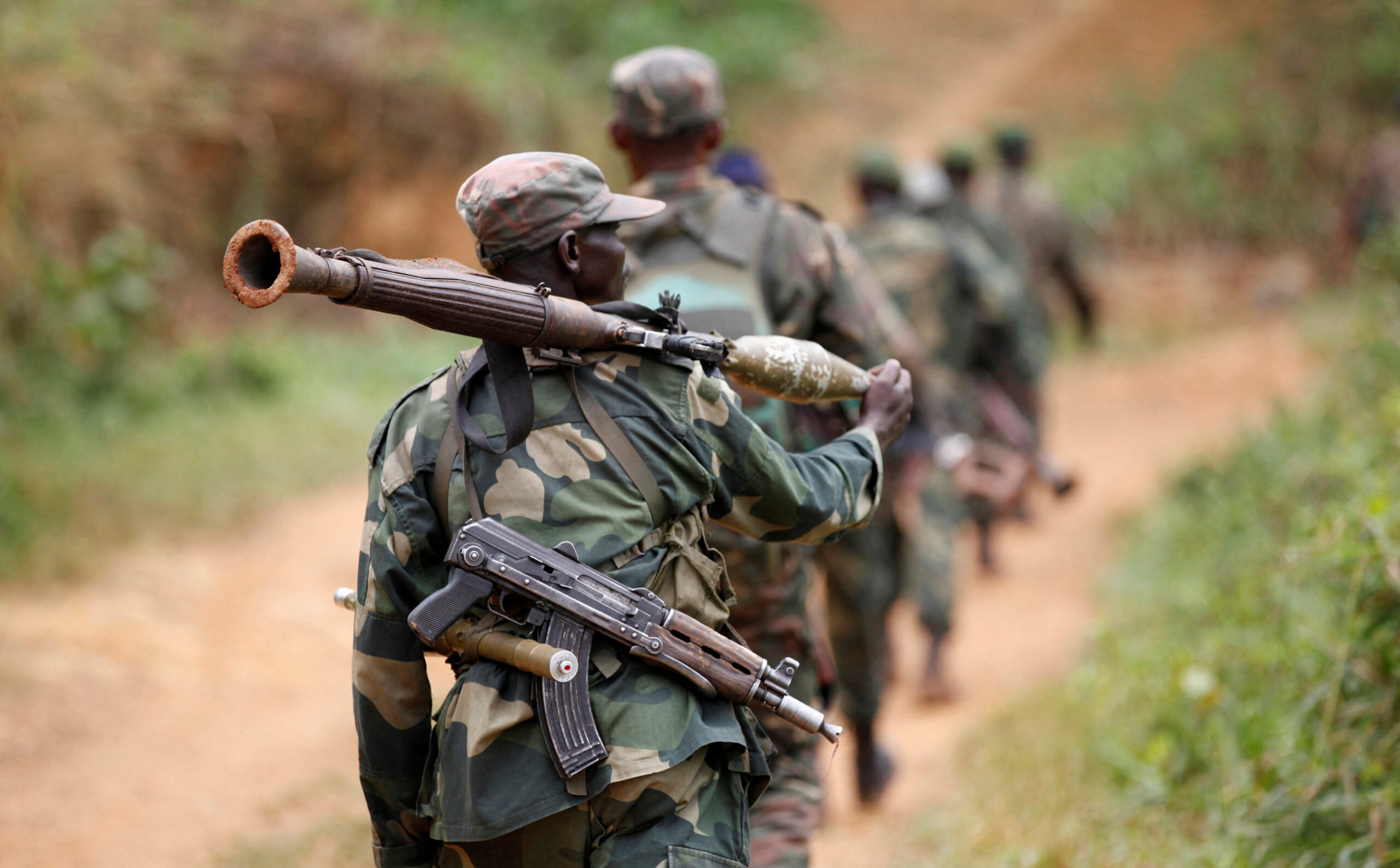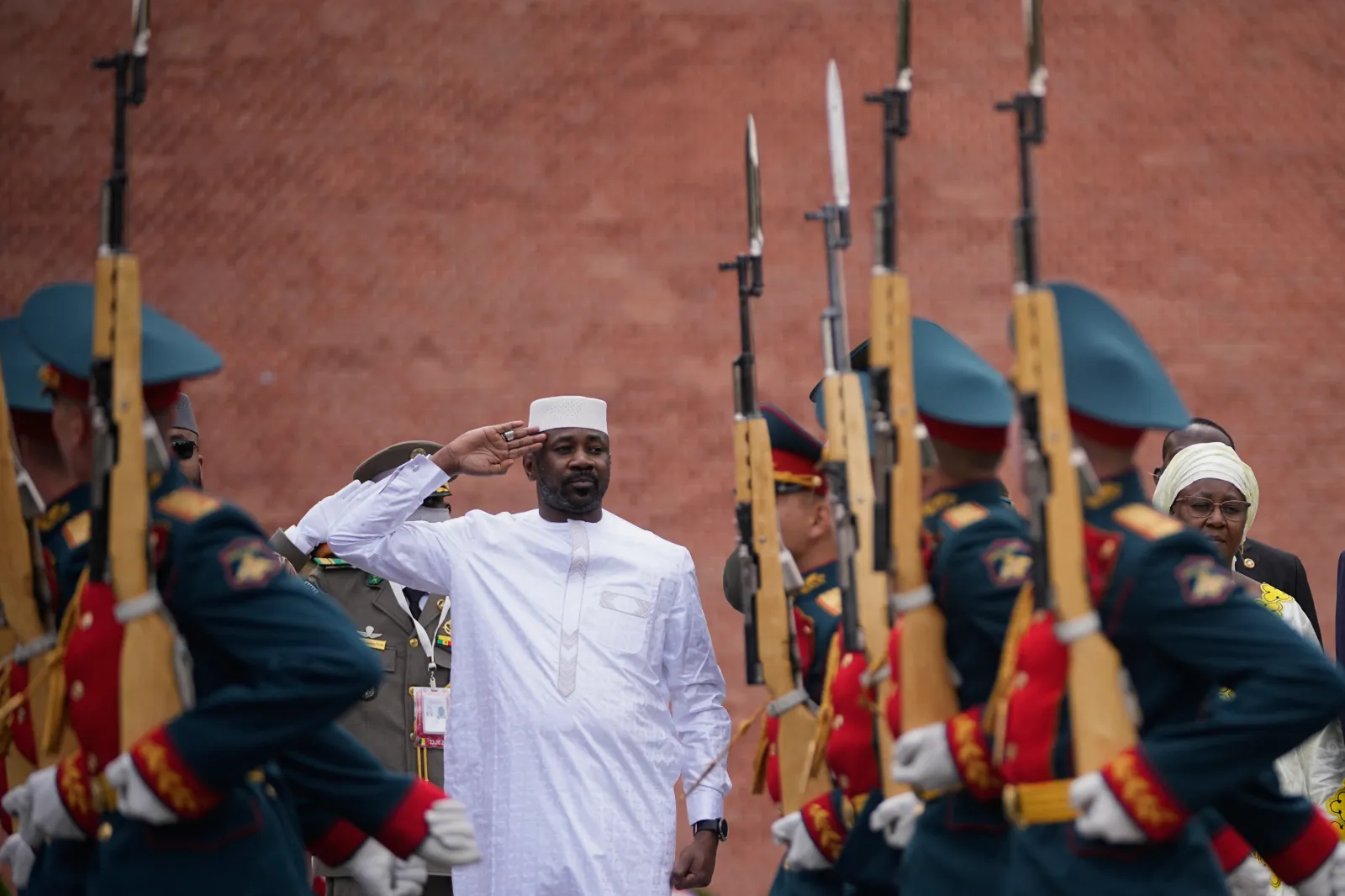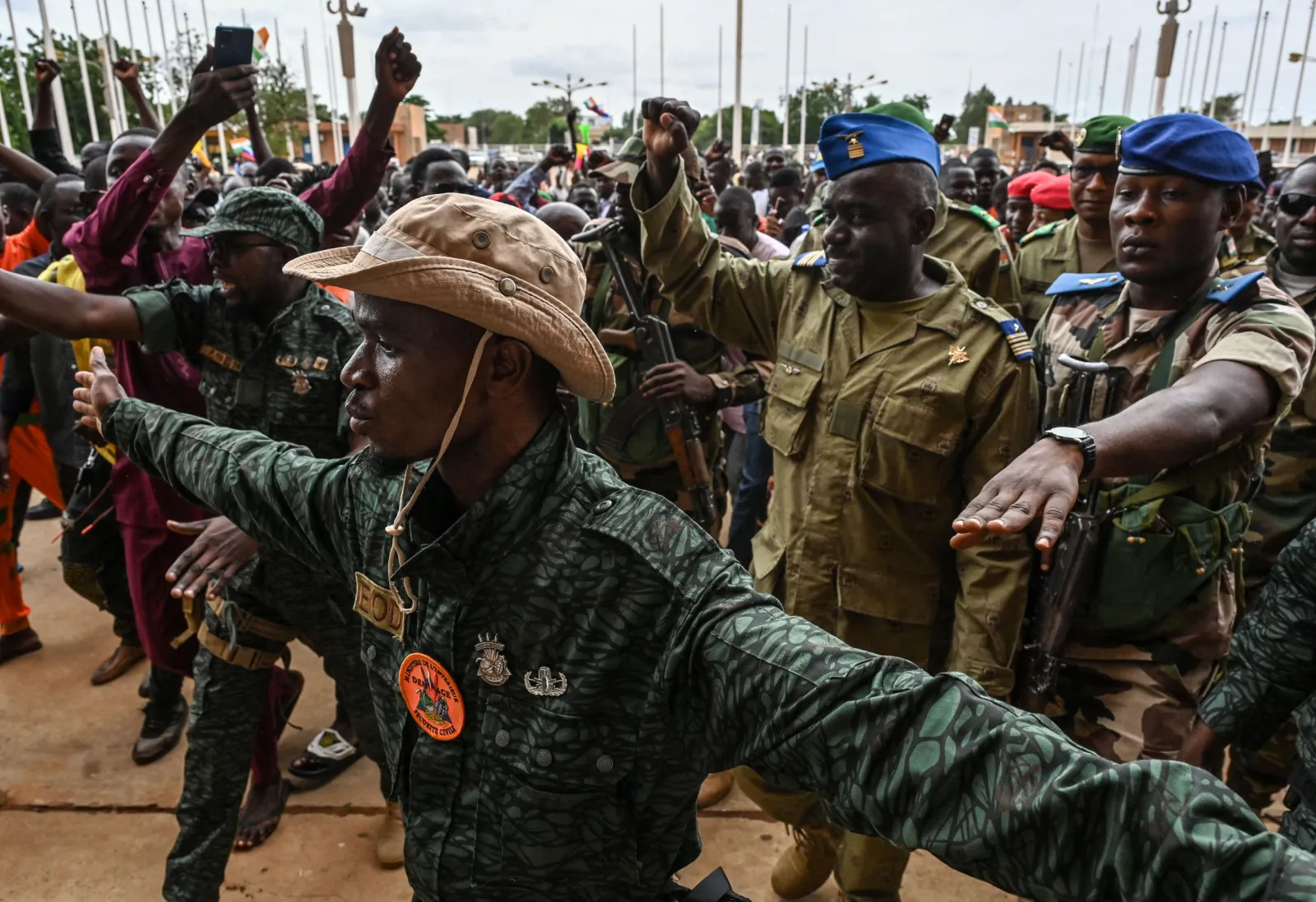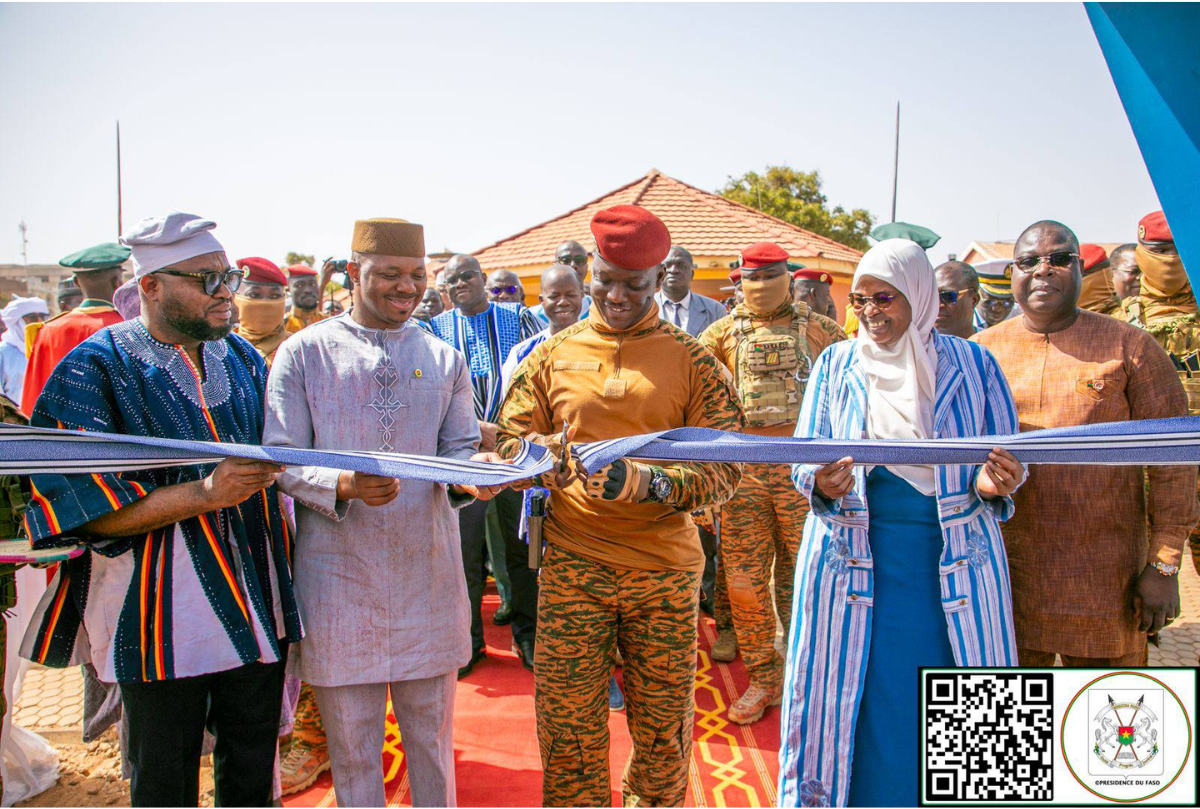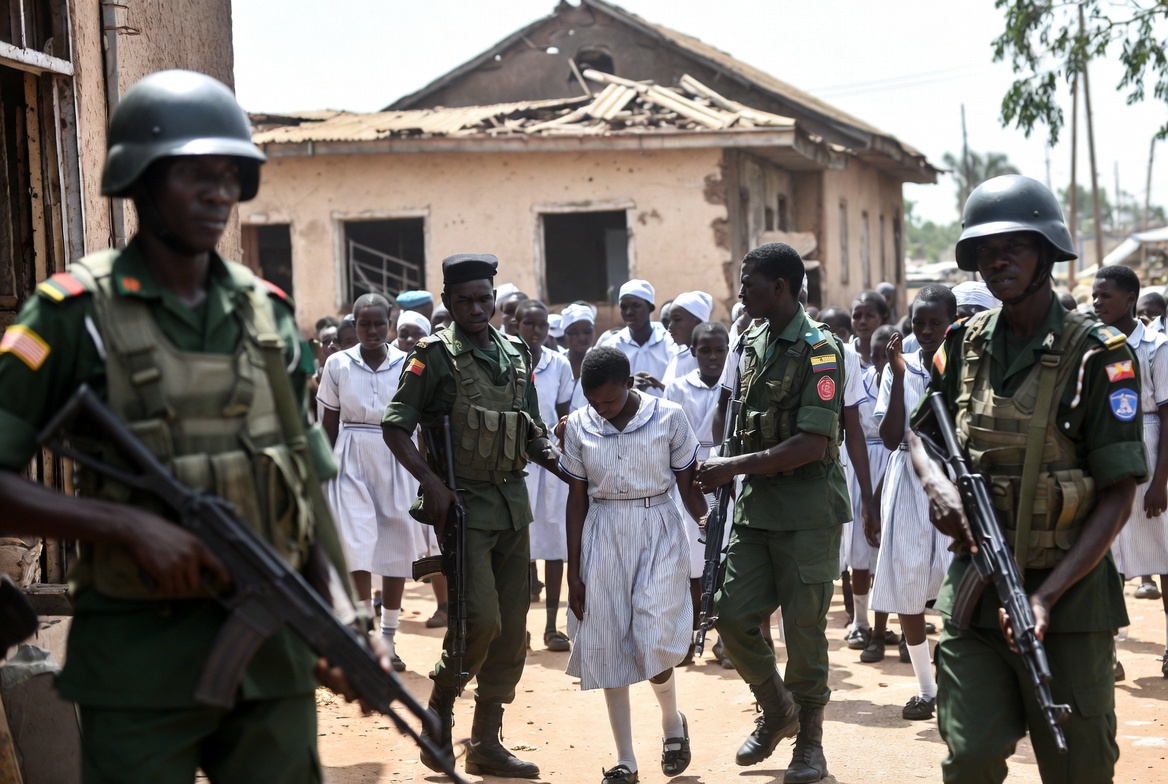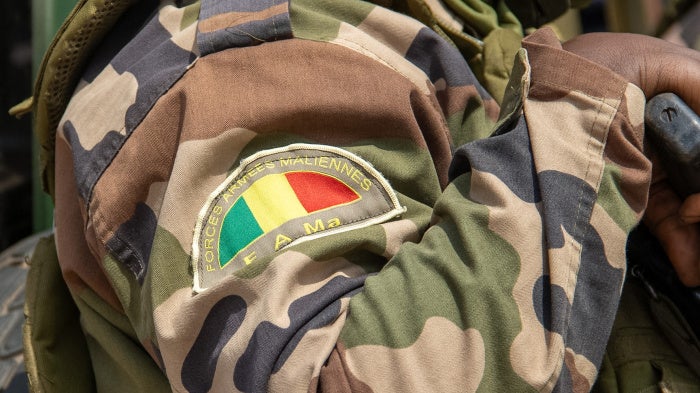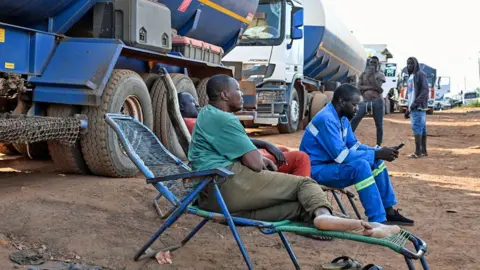
Sudan Crisis, Food Insecurity, and Regional Security: Challenges Facing Africa Today
The humanitarian crisis gripping Sudan’s Darfur region can’t be ignored. As fighting intensifies, with Sudan’s paramilitary Rapid Support Forces (RSF) capturing the key city of el-Fasher, tens of thousands of Sudanese are fleeing a brutal reality. This turmoil, unfortunately, highlights a complex web of challenges Africa faces today: widespread conflict-induced displacement, persistent food insecurity, and looming regional security threats that stretch across the continent. Aid organizations paint a grim picture, reporting a mass exodus of civilians now seeking refuge in incredibly overcrowded camps where resources are stretched thin. The United Nations human rights chief has even issued dire warnings, noting many remain trapped amidst ongoing atrocities, marking a truly dark chapter in Sudan’s history of strife. This isn’t just about immediate survival, is it? It’s profoundly compromising long-term stability, as communities grapple with the dual burdens of escalating insecurity and insufficient aid, creating a ripple effect that extends well beyond national borders and deeply impacts Africa’s broader security landscape. We’ve seen mass displacement becoming a regular occurrence, a stark reminder of the urgent need for intervention.
This distress unfolds against a harsh backdrop of persistent food insecurity across much of the continent. Despite Africa’s vast agricultural potential, it’s shocking to learn that up to 70 percent of African countries struggle with hunger, relying heavily on food imports. Why this paradox? It stems partly from inadequate investment in agriculture. Banks, it seems, are still hesitant to finance vital smallholder farming initiatives, and aid meant to boost local production is often negligible. This leaves local food systems incredibly fragile and vulnerable to climate disruptions, which are only becoming more frequent. A recent study, highlighted in the book *How Africa Eats*, reveals a concerning trend: many nations export raw agricultural commodities only to import expensive, processed foods. It’s a cycle of dependency and underdevelopment that truly needs breaking. Consider the situation, up to 70 percent of African countries grapple with hunger, a number that’s far too high. And it’s not just crops, livestock health is also a critical concern. Contagious diseases like foot-and-mouth disease (FMD) can devastate cattle and other animals vital for food security and rural livelihoods. South African agricultural authorities, for instance, have launched nationwide surveys and initiatives to monitor and combat FMD, aiming to protect essential resources. But there’s hope: innovations, including artificial intelligence tools, are now helping track and mitigate aflatoxin contamination in maize. This shows us how technology really could play a significant role in boosting agricultural resilience on the continent.
Meanwhile, security concerns aren’t confined to Sudan or agriculture, are they? We’ve seen former U.S. President Donald Trump indicate he ordered the Pentagon to prepare for possible military action in Nigeria amidst rising violence there. Nigeria’s predominantly Muslim north has experienced deadly attacks affecting both Muslim and Christian communities, underscoring ongoing challenges to peace and governance in one of Africa’s largest economies. This development highlights the deep interconnectedness of stability across the continent, with global powers watching closely, ready to respond to evolving threats. What does this mean for the future? Africa’s path forward truly hinges on coordinated strategies addressing these overlapping issues. We desperately need to expand funding and technical support for small-scale farmers, strengthen disease surveillance systems for both crops and animals, and foster inclusive political solutions in conflict zones. For displaced populations, improving camp conditions and ensuring safe passage remain urgent humanitarian imperatives. Plus, regional cooperation will be absolutely essential to contain security risks that transcend national borders. This calls for African nations and international partners to collaborate more effectively, don’t you think? In sum, Africa stands at a crossroads, where urgent challenges present a clarion call for innovation, solidarity, and proactive leadership. By harnessing its incredible resources and resilience, the continent can, and will, chart a course toward stability, food security, and improved livelihoods benefiting its diverse populations across all regions. We must address these challenges to peace and governance comprehensively. Moreover, the statement from former U.S. President Donald Trump regarding potential action in Nigeria certainly adds another layer of complexity to the region’s security outlook.

